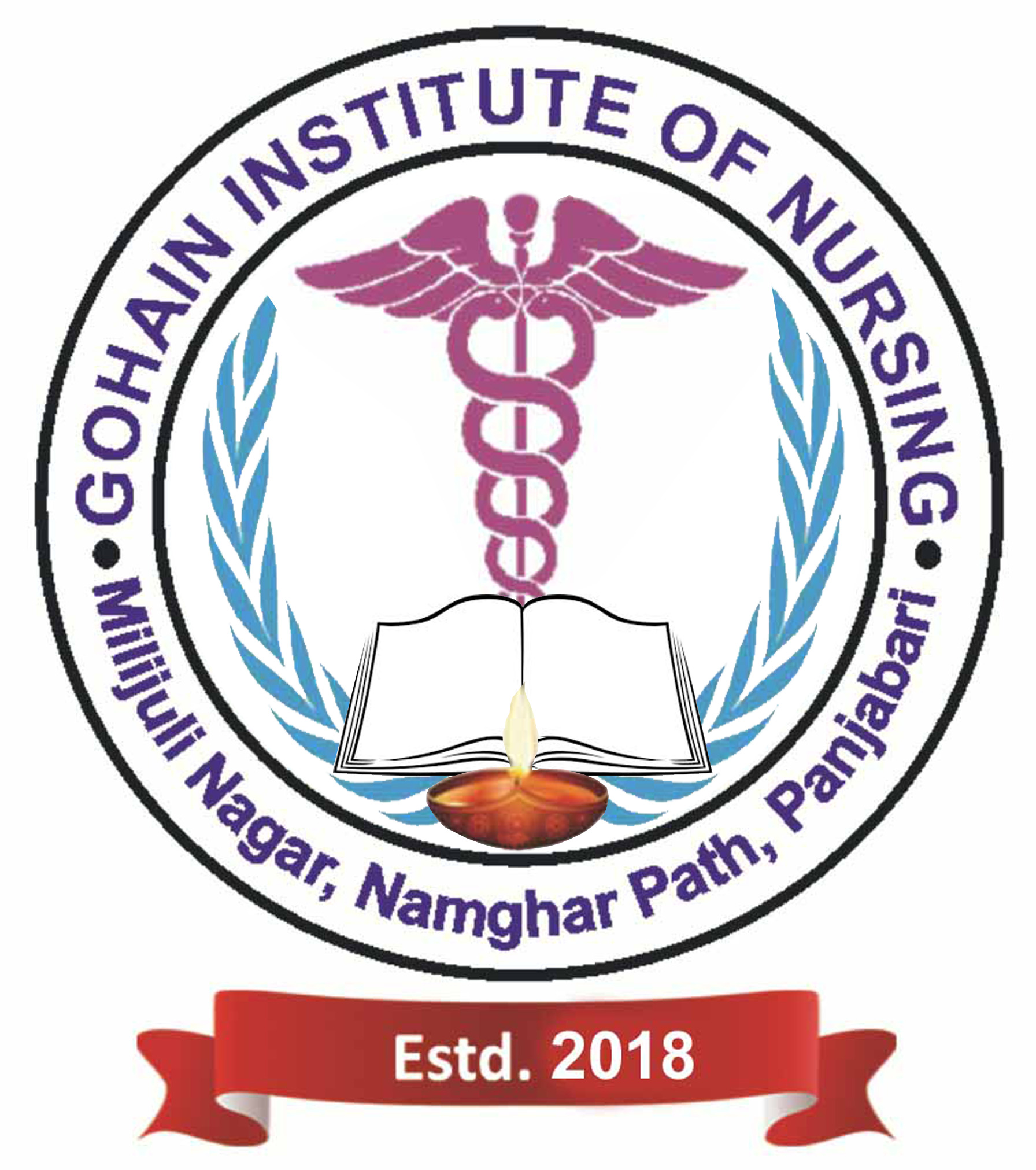Anti-Ragging Committee/Anti-Ragging Squad
Ragging is originally a western concept and was originally a form of social interaction between seniors and juniors in schools and colleges. However, these interactions, have taken a very brutal, inhuman and antisocial, form at times Even some of the highly reputed colleges and institutions have a terrible history of ragging. Ragging has social, physical, political economic academic and physiological dimensions.
Definition of Ragging
Under laws in India, ragging is defined as:
(i) Any disorderly conduct by either by acts or words spoken, the effect of which is teasing, treating or
handling with rudeness any other student;
(ii) Any rowdy or undisciplined activity, which causes annoyance, hardship or psychological harm;
(iii) Raise fear or apprehension thereof in the minds of junior
(iv) Asking the students to do an act or perform something, which such student will not do in ordinary
course, which has the effect of causing shame or embarrassment so as to adversely affect the physique
or psyche of a junior student
Legislations on Ragging
Some States[3] in India have their own legislations on ragging. Some States which do not have their
own legislation on ragging and therefore the ragging laws in these States are in accordance with the
central legislations on ragging.
Central Legislations
The central legislations, which keep check on the practice of ragging in India, are:
Indian Penal Code
UGC Regulations On Curbing The Menace Of Ragging In Higher Educational Institutions, 2009
Other institute specific regulations.
Punishments under Indian Penal Code against acts of Ragging
Every single incident of ragging or abetting in ragging puts an obligation on the institution to get the
FIR registered. There are provisions in the IPC, which can be used by a student to register an FIR in the
nearest Police Station. These provisions are:
294 – Obscene acts and songs
323 – punishment for voluntarily causing hurt
324 – voluntarily causing hurt by dangerous weapon or means
325 – punishment for voluntarily causing grievous hurt
326 – voluntarily causing grievous hurt by dangerous weapon
339 – Wrongful Restraint
340 – Wrongful Confinement
341 – Punishment for Wrongful Restraint
342 – Punishment for Wrongful Confinement
506 – Punishment for culpable homicide not amounting to murder
Important Regulations
Publishing ragging is banned: The institutions are required to publish that the ragging is totally banned in the institution and anyone found doing/abetting ragging would be suitably punished.
Brochures/Application Form/Enrolment Form : The college brochures are required to mention these guidelines in full. The prospectus would include all directions of Supreme Court/Central and State Government as applicable. The application/enrolment form for admission will have an undertaking in
English and Hindi and preferably one in regional language to be signed by parent/guardian. The school-leaving certificate should reflect the behavioural pattern of the student.
Affidavit of Student: A student during the admission process has to file an affidavit along with his parents/guardian’s signature, stating that he will not be ragging other students directly or indirectly.
Anti-Ragging Committee: Every institution shall constitute a committee to be known as the AntiRagging Committee. To be nominated and headed by the Head of the institution, and consisting of representatives of civil and police administration, local media, Non-Government Organizations involved in youth activities, representatives of faculty members, representatives of parents,
representatives of students belonging to the freshers category as well as senior students, nonteaching staff; and shall have a diverse mix of membership in terms of levels as well as gender. It shall be the duty of the Anti-Ragging Committee to ensure compliance with the provisions of the Regulations as well as the provisions of any law for the time being in force concerning ragging. The College is required to submit to weekly reports on anti ragging status to the Vice Chancellor of the University.
Contact detail of Anti Ragging Helpline/Anti Ragging Committee/Anti Ragging Squad: Every fresh student admitted to the institution shall be given a printed leaflet detailing to whom he/she has to turn to for help and guidance for various purposes including addresses and telephone numbers, so as to enable the student to contact the concerned person at any time. Identity of informants of ragging incidents is fully protected.
Anti ragging squad: Anti ragging committee would also monitor and oversee the performance of the Anti-Ragging Squad. It shall be the duty of the Anti-Ragging Squad to make surprise raids on hostels and other places vulnerable to incidents of and having the potential of ragging.
FIR: The guidelines lays down that on receipt of any information concerning any reported incident of ragging, the Head of institution shall immediately determine, if a case under the penal laws is made out and if so, either on his own or through a member of the Anti-Ragging Committee, proceed to file a
First Information Report (FIR), within twenty four hours of receipt of such information.
Evaluation of Ragging: It lays down that The Anti-Ragging Committee of the institution shall take an appropriate decision, in regard to punishment or otherwise, depending on the facts of each incident of ragging and nature and gravity of the incident of ragging established in the recommendations of the
Anti-Ragging Squad.
